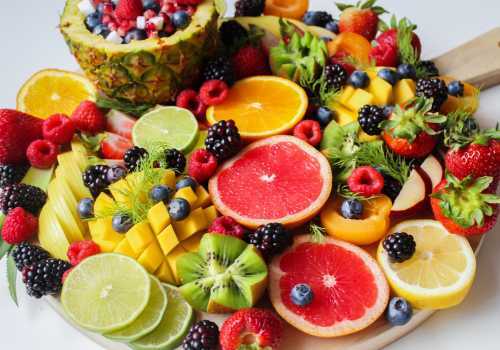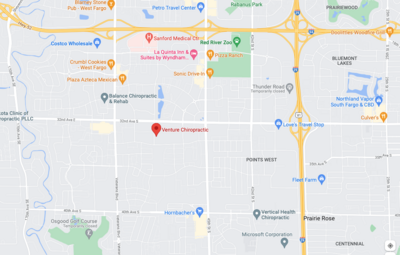
“I cannot afford to buy only organic.” This is a comment we hear frequently. Though it would be ideal to make sure we are able to eat clean and pesticide free food, it doesn’t always work with our pocketbook. Budget-conscious consumers can get the most bang for their buck by prioritizing which organic foods to purchase based on the amount of pesticides they’re likely to contain. The Environmental Working Group (EWG) just released their 2024 “Dirty Dozen” list. This list is helpful because next time you are browsing the produce aisle these are the foods to steer away from and choose organic. The dirty dozen contains higher amounts of pesticides, residues, and toxic chemicals that can wreak havoc on our bodies. They can disrupt hormones, damage our gut health, create long-term neurological issues, and many more concerning problems. Fruits and vegetables that are labeled and sold as organic are grown without using most pesticides or fertilizers with synthetic ingredients; there is no irradiation treatment; seeds and transplants are chemical-free; the fertilizer is natural.
Dirty Dozen:
- Strawberries
- Spinach
- Kale, Collard and mustard greens
- Grapes
- Peaches
- Pears
- Nectaries
- Apples
- Sweet Bell peppers and Hot peppers
- Cherries
- Blueberries
- Green beans
I always look forward to summer produce and the farmer’s markets. These foods may not be labeled as organic, but they are local and are fresher than their grocery counterparts. Being these options are not mass produced they also may have less of a chemical burden. If you are concerned ask the farmer more about their practices. There is less transport time for produce that is supplied locally and they are able to retain more of their vitamins and nutrients. Overall, try your best to eat organic when possible and shop the local farmer’s markets this summer for the freshest produce available.
Reference: 2024 EWG Website






